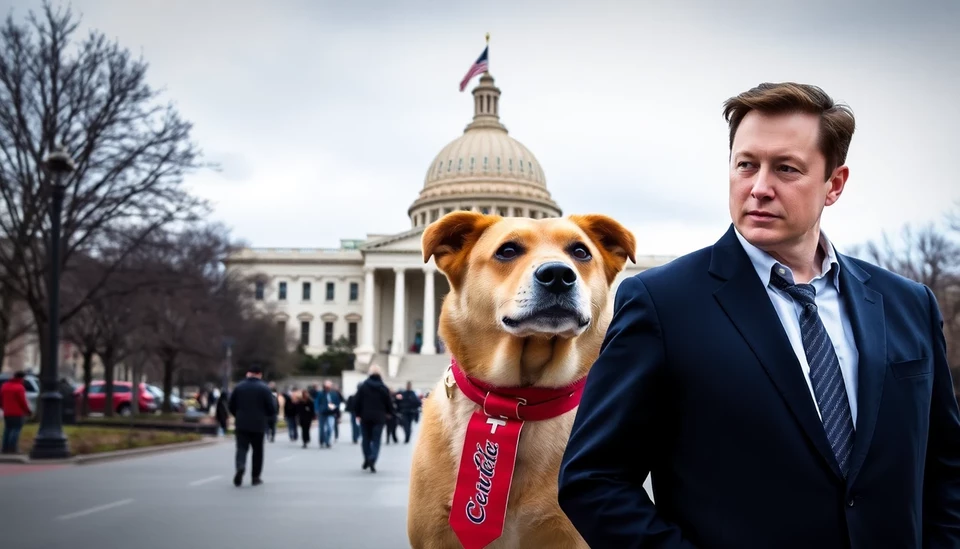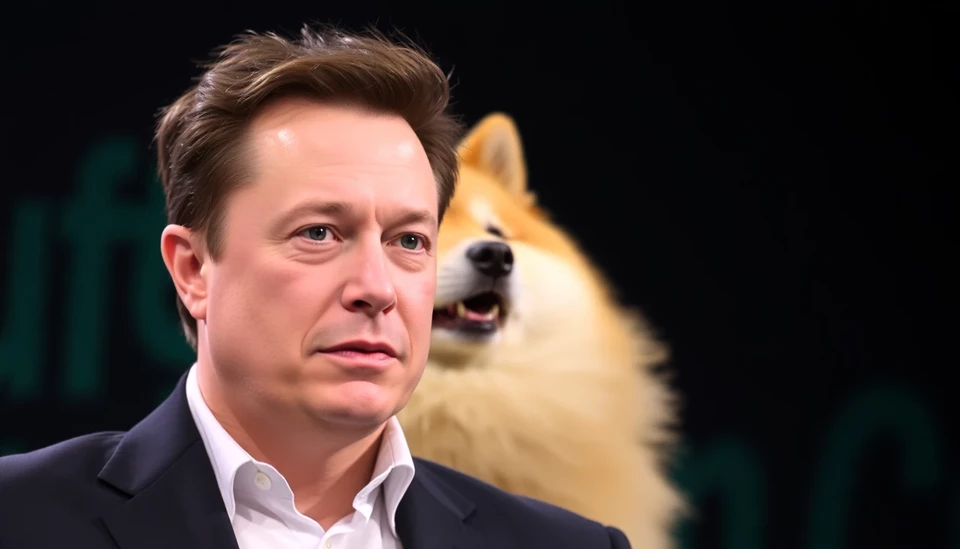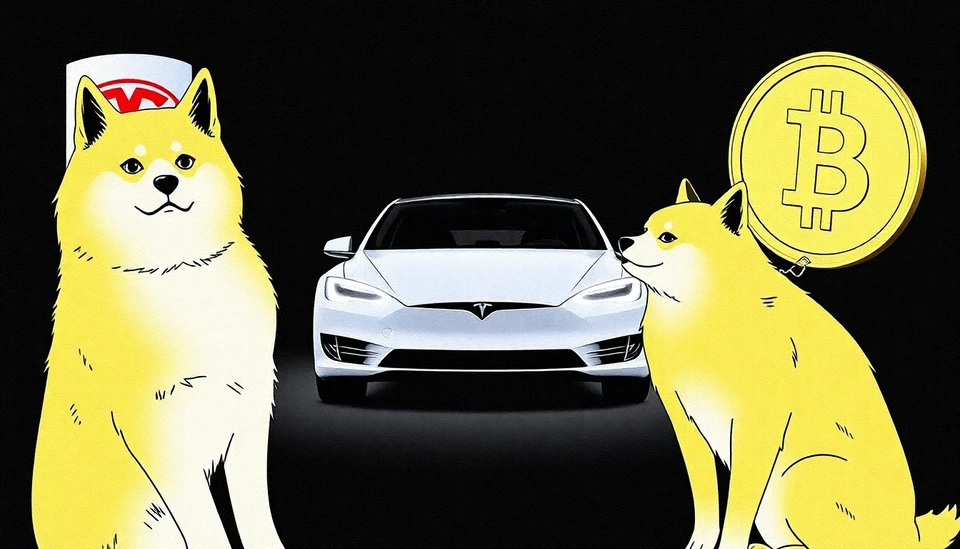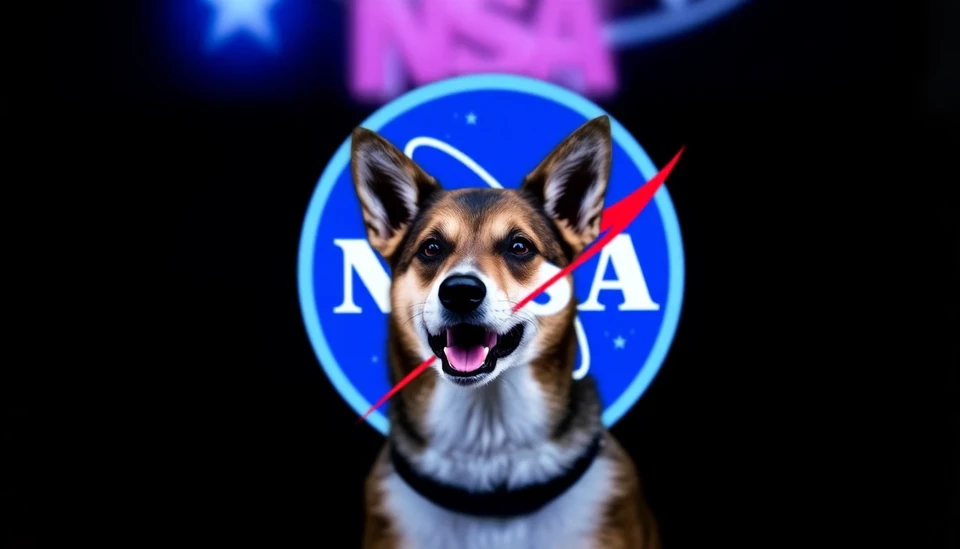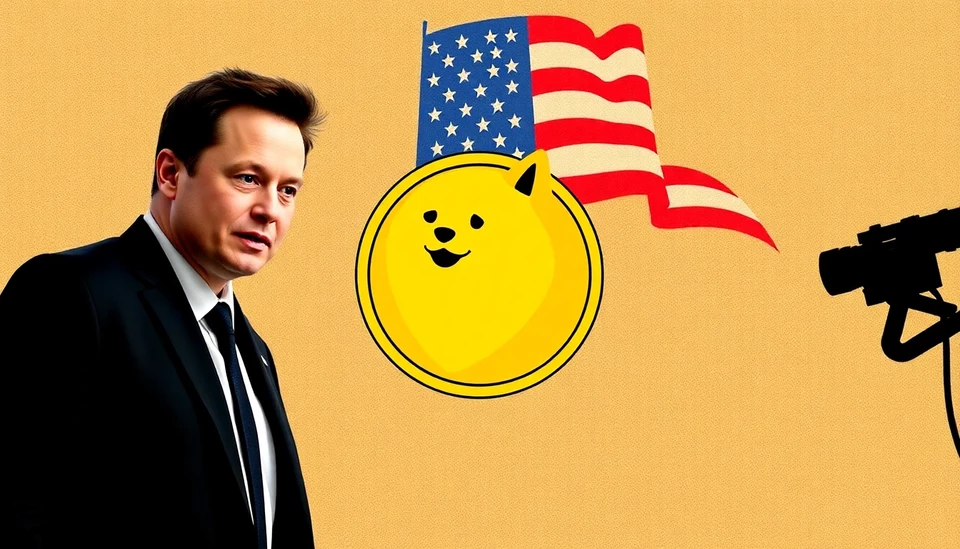
In an unexpected turn of events, Dogecoin has found itself at the center of a skirmish at the United States Agency for International Development (USAID) office. This situation has ignited conversations about the intersection of cryptocurrency, government protocols, and influential figures in the tech world, particularly Elon Musk. Reports have surfaced detailing the intricacies of this saga that highlight a peculiar clash involving digital currency advocacy, bureaucratic resistance, and high-profile celebrity interventions.
Sources indicate that this peculiar situation began when attempts were made to integrate Dogecoin as a potential fundraising tool for USAID initiatives. Advocates within the agency saw the viral charm of Dogecoin, which has transcended its humble origins as a meme, as a novel way to engage the public and raise funds for humanitarian missions. However, various challenges and skepticism hovered over the proposal, creating a tug-of-war between innovation-minded supporters and traditionalists entrenched within the agency’s operational frameworks.
A multitude of searches transpired as stakeholders sought clarity regarding the feasibility and legality of utilizing a cryptocurrency like Dogecoin within government operations. Some personnel expressed concerns around the volatility of cryptocurrencies and the risks involved in intermingling them with taxpayer funds. The unique nature of Dogecoin, portrayed largely as a lighthearted, community-driven currency, added another layer of complexity to the proposal.
Elon Musk, currently known as one of the most vocal proponents of Dogecoin, reportedly caught wind of the initiative and summoned interest. His involvement has drawn parallels between the significance of social media influence and its potential to drive governmental action. Musk's public endorsement of Dogecoin, coupled with his reputation as a disruptive innovator, put additional pressure on USAID officials. Allegedly, Musk aimed to champion the effort behind the scenes, perhaps envisioning a scenario where Dogecoin would be recognized as a legitimate interface for both philanthropy and digital currency adoption.
As the Dogecoin initiative gained traction, it was met with pushback from several quarters, leading to delays in decision-making processes. Banners of opposition emerged from regulatory bodies cautious about the implications of embracing a meme-based currency tied to market fluctuations. Conversely, supporters argued that Dogecoin’s fast transaction capabilities and growing following represented an unparalleled opportunity to tap into a new demographic of donors, particularly younger generations attracted to tech and digital currencies.
As layers of bureaucratic layers unfolded, the situation attracted media scrutiny prompting broader discussions about Dogecoin's legitimacy and its potential trajectory with government interactions. By then, Dogecoin had already made waves in the financial industry, featuring market cap rankings that challenged traditional notions of value and utility, foreshadowing the impact of an innovative digital economy.
The culmination of these events has left many wondering whether USAID will ultimately embrace the prospect of leveraging Dogecoin or if traditional approaches will win the battle against a progressive and adaptable digital economy. While the discussions remain ongoing and the future uncertain, the reaction from various stakeholders—including officials, cryptocurrency enthusiasts, and the general public—will be pivotal in shaping any forthcoming decisions at USAID.
In summary, the unfolding situation at USAID regarding Dogecoin encapsulates a broader societal debate over the legitimacy and application of cryptocurrencies within conventional financial systems. As this conversation continues to evolve, it will be interesting to observe how both government agencies and private-industry innovators align or diverge in their views on the potential of digital currencies.
As another chapter in the cryptocurrency narrative unfolds, the question remains: Will innovation yield to tradition, or will digital currency carve out a new path in the public sector's financial dealings?
#Dogecoin #ElonMusk #USAID #Cryptocurrency #DigitalFinance #Innovation #Philanthropy
Author: John Harris
